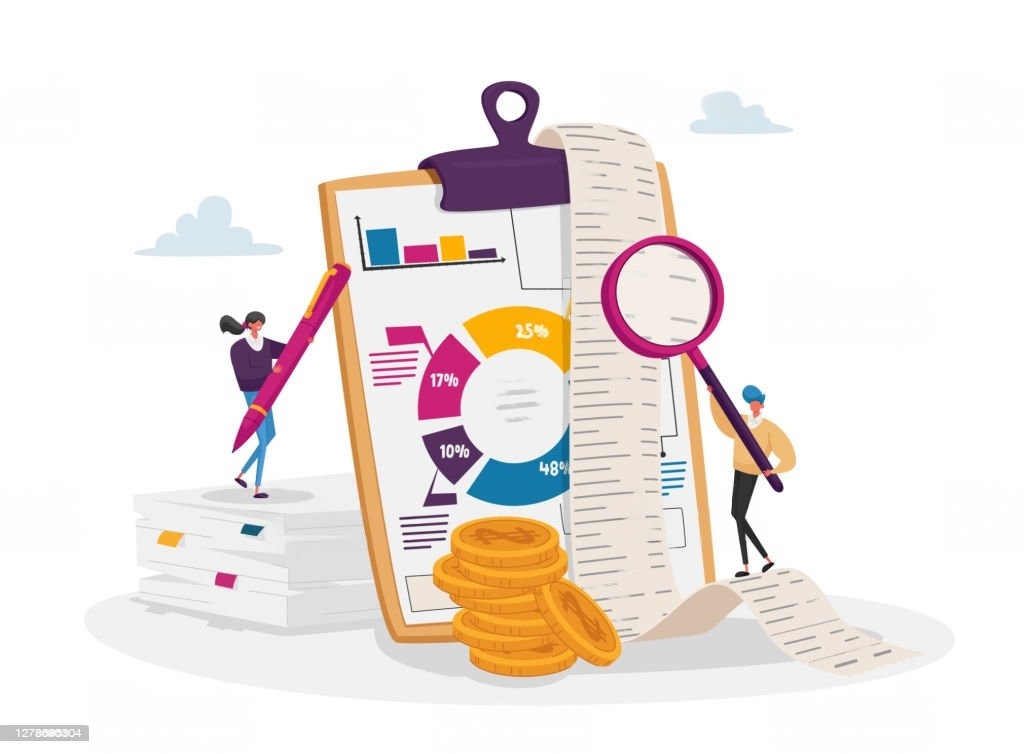
At the age of 29, Lauren Keys and her husband both quit their full-time careers. Since then, they have taken advantage of their newfound freedom to embark on lengthy travel excursions.
Keys, the creator of the personal finance and travel blog Trip of a Lifestyle, spoke with GOBankingRates about the most important things she learned from retiring early and her advice for anyone who wants to do the same.
The Secret To Early Retirement Is Living Within Your Means
Keys claimed that she was able to retire early because she was strict about spending less money than she brought in and avoided the "lifestyle creep" that many people suffer after receiving a wage rise.
According to Keys, the main lesson we acquired on the road to early retirement was how to contentedly live on less money. The author wrote, "Only consider, if every time you got a raise you only saved that much more, you'd soon be sitting on such a massive buffer of savings that no unexpected expense could disrupt your financial ambitions.
Keys and her husband, who earned teacher-level incomes, were able to save $100,000 in two years by limiting costs to a minimum.

"That buffer let us feel comfortable quitting our jobs, taking a six-month honeymoon in Hawaii, moving to a new city (twice), taking the time to find new jobs that better suited our goals, and buying our first home," she continued. "The secret is to find a way to be happy with a simpler life and lower living expenses — not just hoping to land a $250,000 per year job right away or win the lottery one day," the author claimed.
Analyzing the Data
Keys did some smart math to make sure they were saved enough to quit their careers.
"If you save and invest half of your income starting from zero and earn a 6% real return, you can retire in just under 16 years," she said. If you invest 65% of your income rather than 50%, you can retire in ten years. And in just five to six years, you can achieve perpetual retirement by investing 80% of your income.
Keys and her husband saved somewhere between 60% and 85% of their wages while they were working.
"Neither of us ever had a six-figure salary," she asserted. For lack of a better phrase, "We just found ways to be happy along the way by consuming less and investing all the money we were saving into low-cost index funds."

Make a personal goal, then gamify it.
Keys and her husband gamified their saving strategy to stay on track since they knew it would take extraordinary discipline to achieve their early retirement objective.
We discovered that gamifying our goals helped us refocus on what we wanted more than the things other people were buying to keep up with each other, she added, even though our society promotes living large. You'll come to the realization that you didn't need all those things in the first place if you make the decision to reduce your spending and live within your means.
Keys advised anyone else seeking to retire early to concentrate on the final result rather than what they are lacking while saving.
Living merely to achieve your financial objectives, she claimed, "automatically teaches you how unnecessary so much stuff is, and you end up mostly unwanting it in the first place." "I realize that for some people, it's easier said than done, but the method we gamified inspired us to save. We checked in on our net worth each month, seeing it grow with every dollar we kept in savings as opposed to outlays. As that net worth number increased, we saw we were purchasing something better - our eternal freedom from labor.




